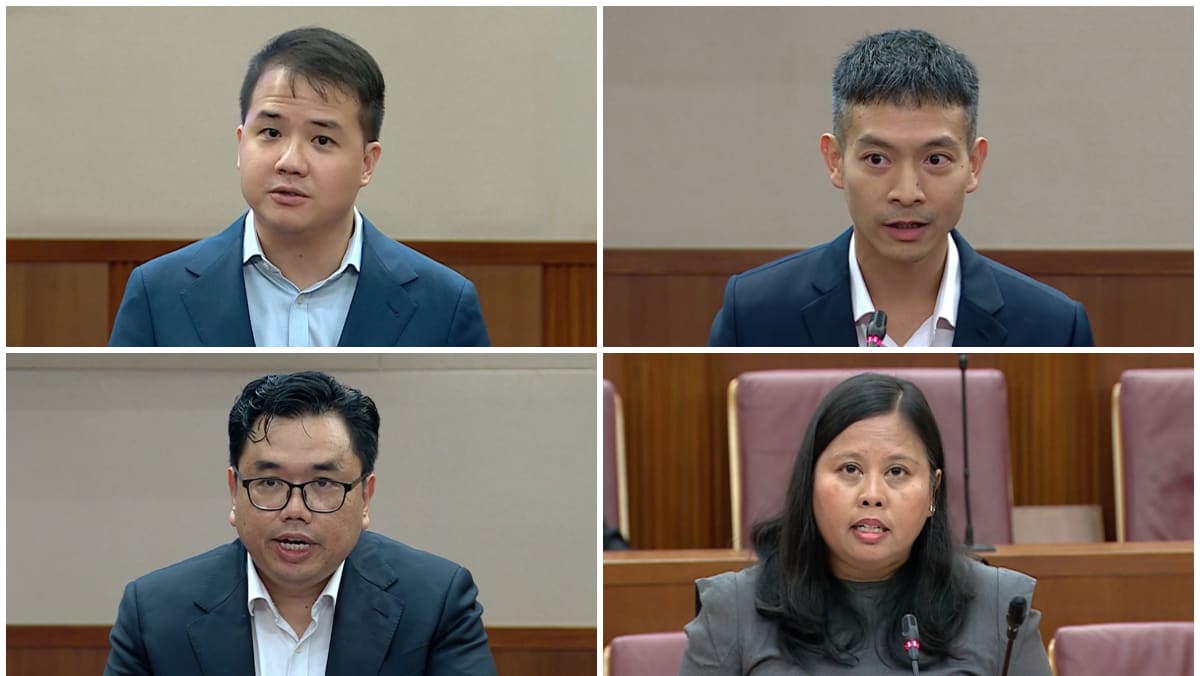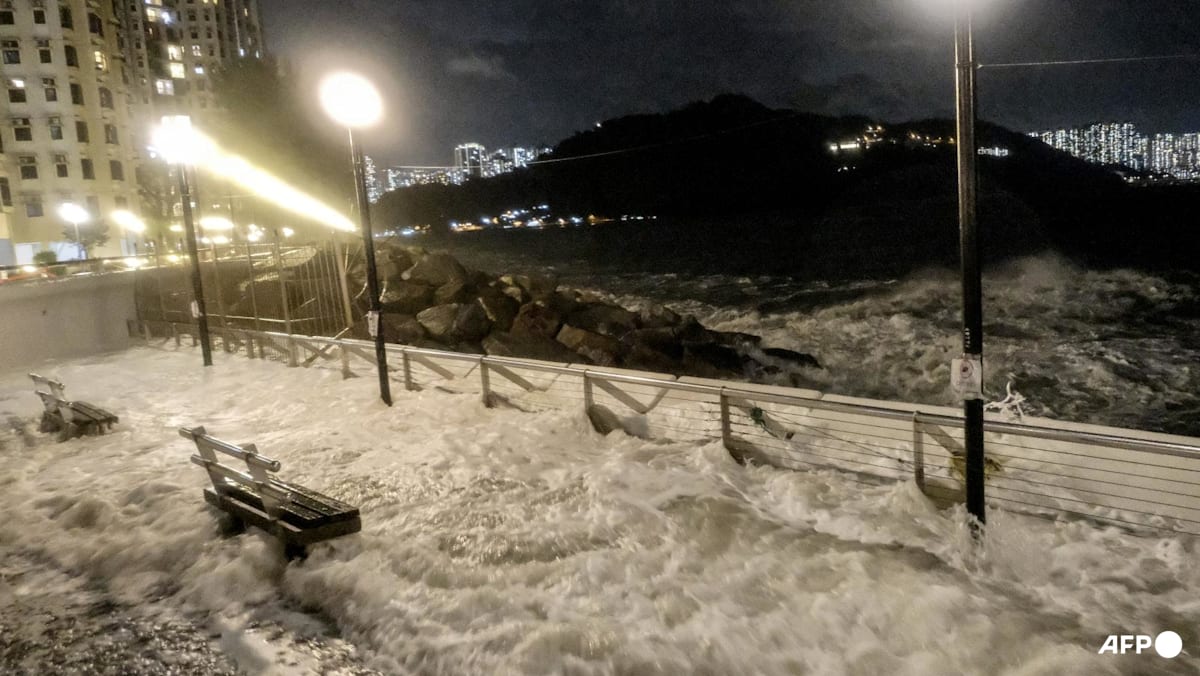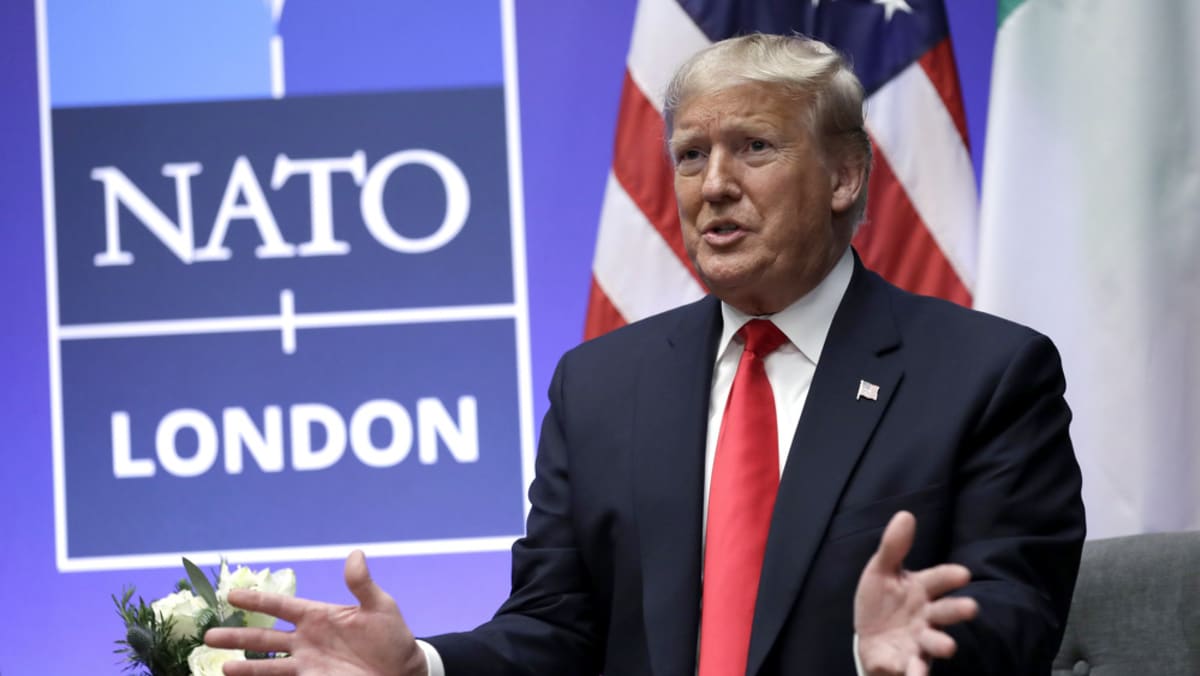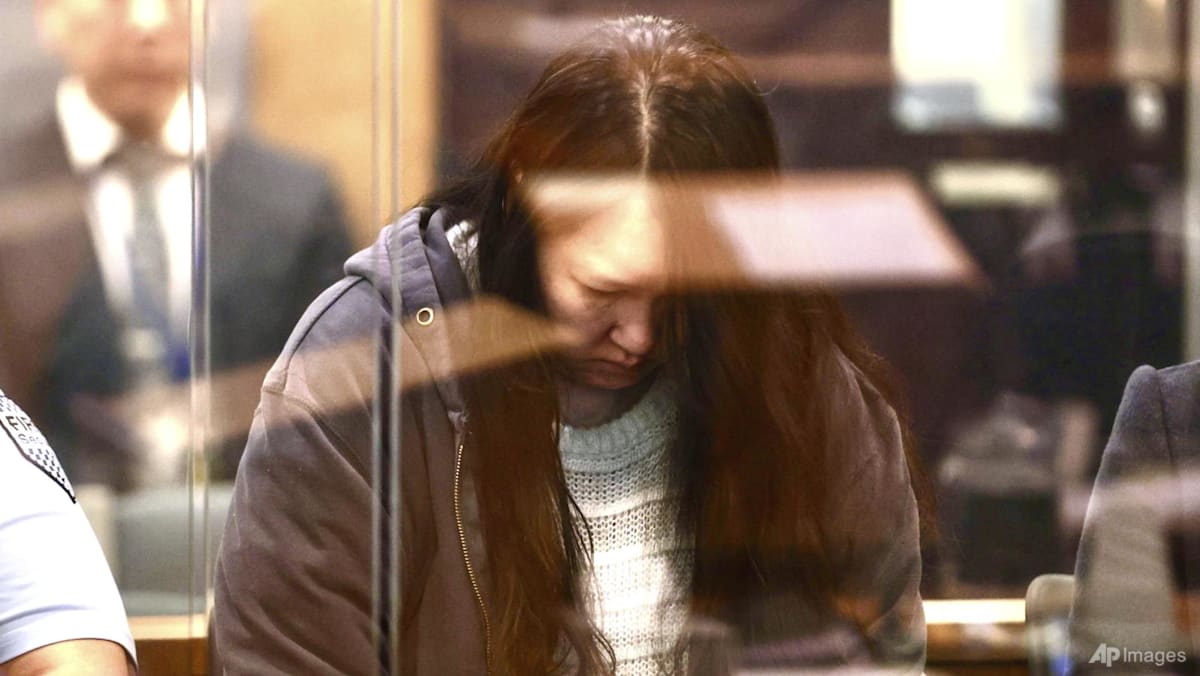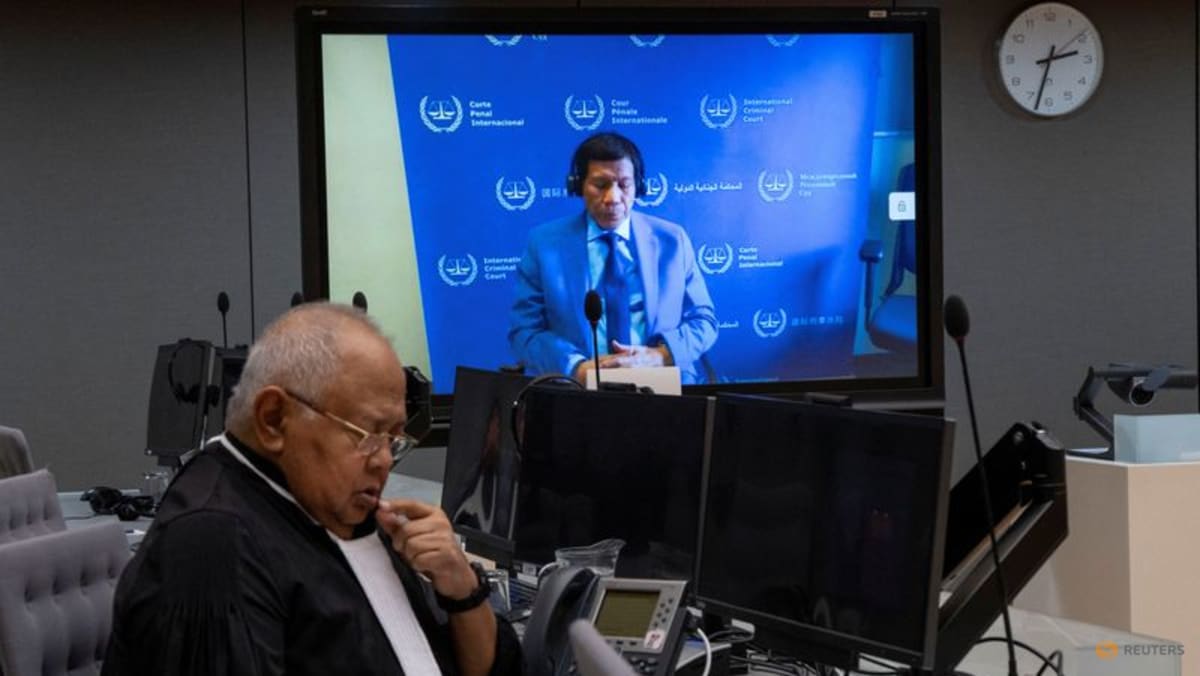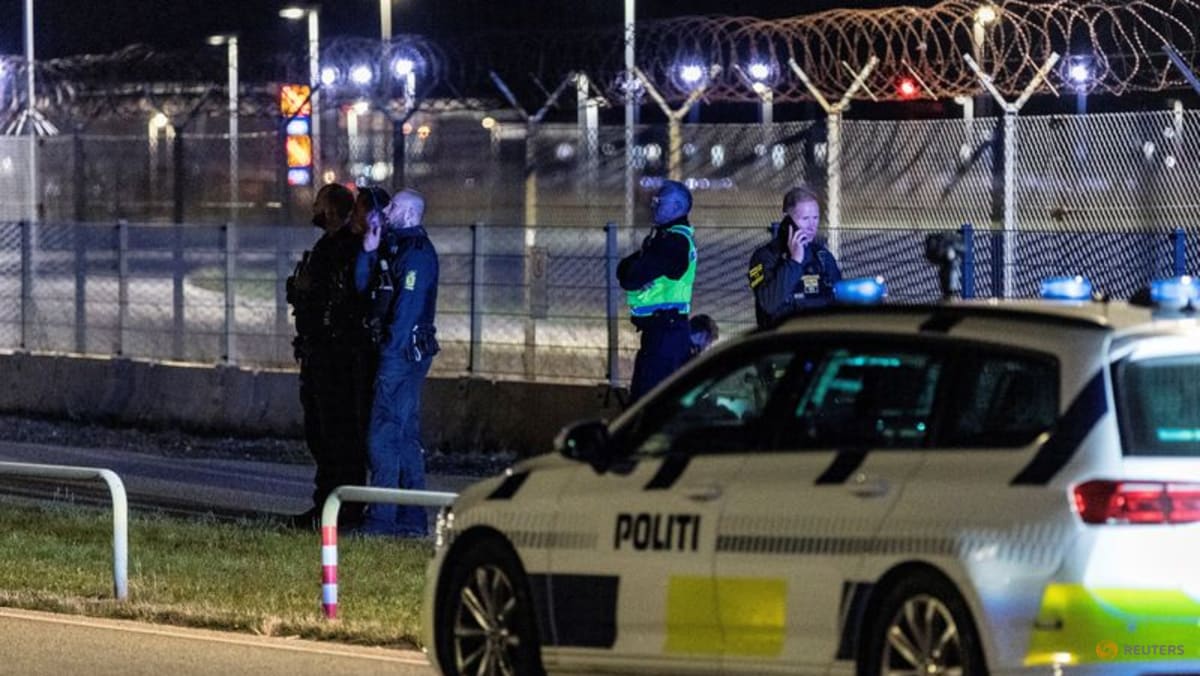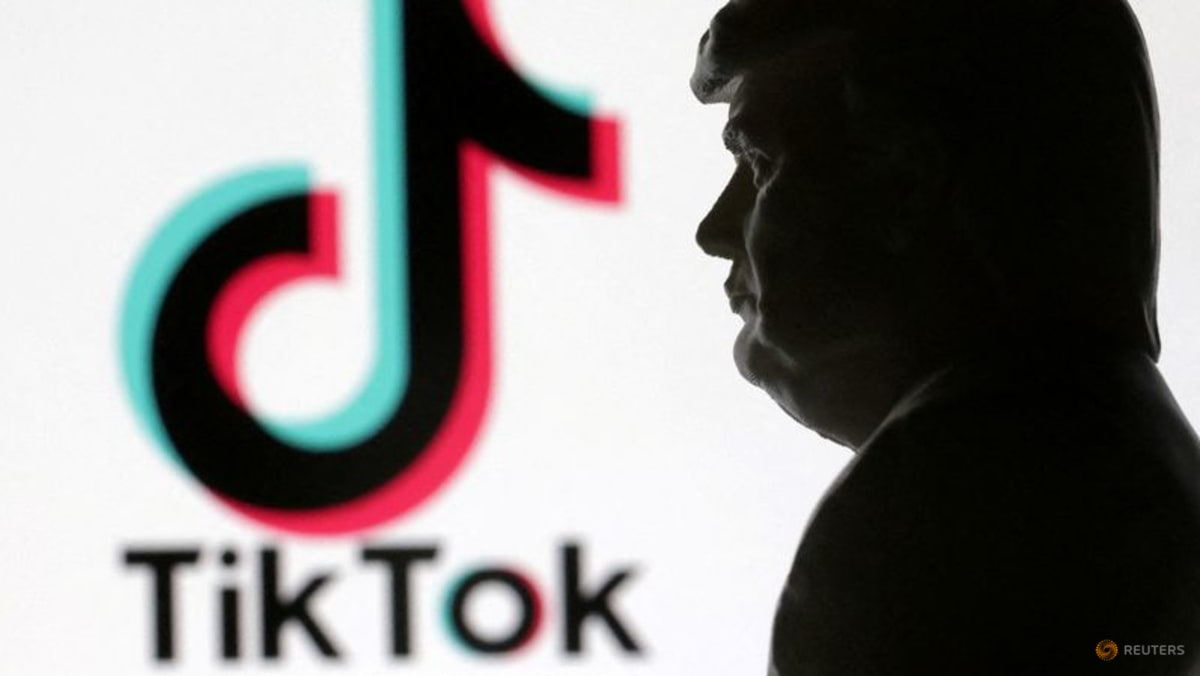Key members of the alliance are unequivocal in their assessment of Russia as an existential threat to Europe. This much has been made clear in both the United Kingdom’s strategic defence review and the recent strategy paper for the German armed forces.
Yet, this is not a view unanimously shared. Trump’s pro-Putin leanings date back to their now infamous meeting in Helsinki when he sided with the Russian president against his own intelligence services.
In Europe, long-term Putin supporters Victor Orban and Robert Fico, the prime ministers of European Union and NATO members Hungary and Slovakia, have just announced that they will not support additional EU sanctions against Russia.
Hungary and Slovakia are hardly defence heavyweights, but they wield outsized institutional power. Their ability to veto decisions can disrupt nascent European efforts both within the EU and NATO to rise to the dual challenge of an increasingly existential threat to Europe from Russia and American retrenchment from its 80-year commitment to securing Europe against just that threat.
What will, and more importantly what will not, happen at the NATO summit in The Hague will probably be looked back on as another chapter in the remaking of the international order and the European security architecture.
A NATO agreement on increased defence spending should be enough to give the organisation another lease of life. But the implicit inability to agree on what is the main threat the alliance needs to defend itself against is likely to put a short expiration date on that.
Stefan Wolff is Professor of International Security at the University of Birmingham. This commentary first appeared on The Conversation.
